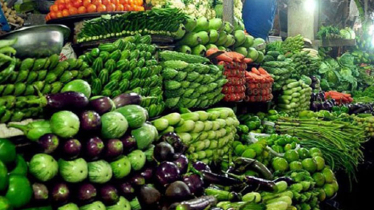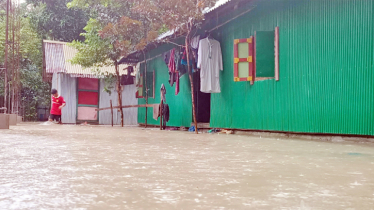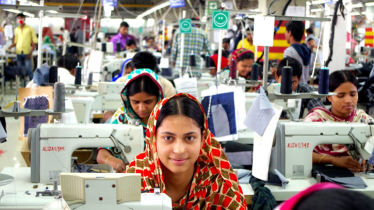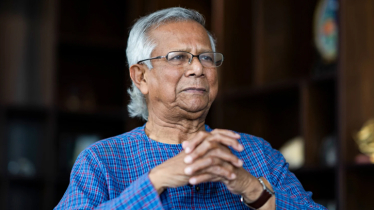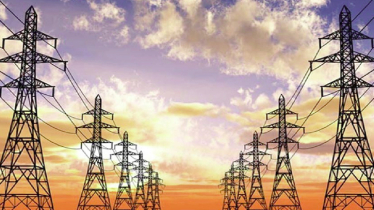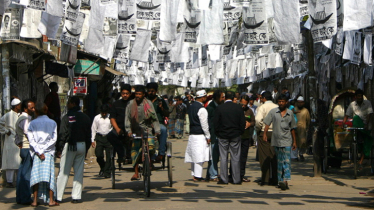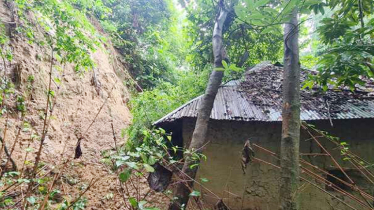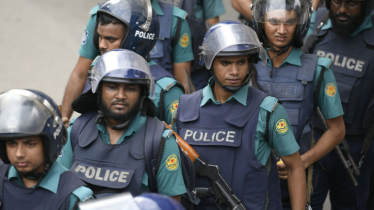
Photo: Collected
Each day, a few million people are commuting on the roads of Dhaka. The authorities are not bothered by the costs of paying fares for buses or other means of transport, but by the hassle and anxiety they endure during the rush hours.
Several studies indicate that commuters who travel through thick traffic jams suffer from mental depression and restlessness, which impact their daily life and livelihood.
The state of mental health has not been calculated, which will not be less than the loss of thousands of man-hours every day. The cost of fuel, and wear and tear of vehicles has been determined in dollars by a World Bank funded research. The fuel, spares and vehicles are imported in foreign currency.
Most importantly, if one looks closely into road planning, budget allocations, vehicle priority in rapid transit, mass transportation and commuting pick hours, it could be easily ascertained that the planning is anti-poor and the priority is for the rich and elites of the city.
Last Sunday, Home Minister Asaduzzaman Kamal addressing the parliament said Dhaka's traffic crisis demands concerted efforts from both governmental authorities and passed the onus on the citizens too.
There is a need for long-term investments in infrastructure development, innovative traffic management systems, and stringent enforcement of traffic regulations.
The Minister explained, that Dhaka requires 25 per cent more roads to adequately support its growing population and vehicular density. However, the reality starkly contrasts this necessity, with only 9 per cent of the required road infrastructure currently in place.
With the recent addition of an elevated expressway which runs north-south through the heart of the capital, the figure merely inches up to 9.5 per cent is a notable deficit which underscores the severity of the road crisis Dhaka faces.
The physical infrastructure development plan across the four rivers which surround Dhaka was never a priority for the planners. The absence of an urbanisation plan has allowed a window of opportunity for land-grabbers and vested groups with political clouts. They forcibly occupied vast tracts of farmlands from poor villagers in the absence of a regulatory body, like RAJUK or the City Corporation.
It is frustrating when foreigners visit Dhaka and find that the city has no effective traffic signal system in place. The chaotic Dhaka is the only capital or city in South Asia, which does not have a digital traffic signal system.
The traffic signals in Dhaka are operated manually by hundreds of traffic policemen at each intersection.
The best example of smooth traffic operation is in Dhaka Cantonment. There is no visible traffic police and vehicles follow the lanes, instead they maintain the speed limit, and verily stop at each signal with no honking.
Messenger/Disha

